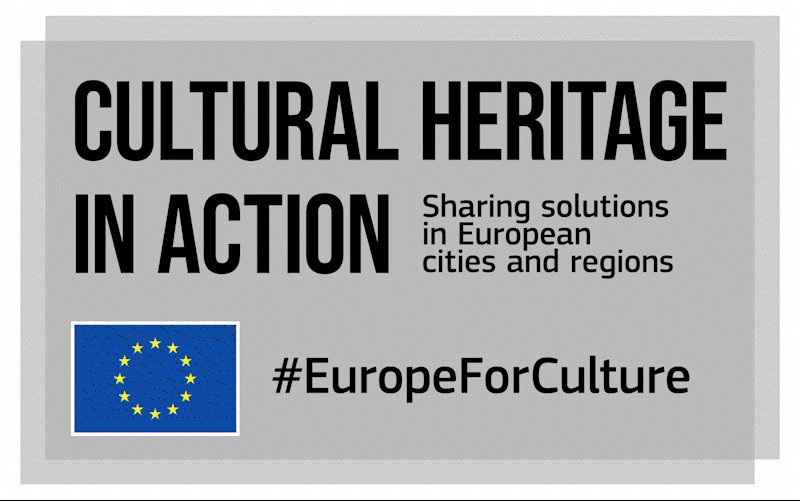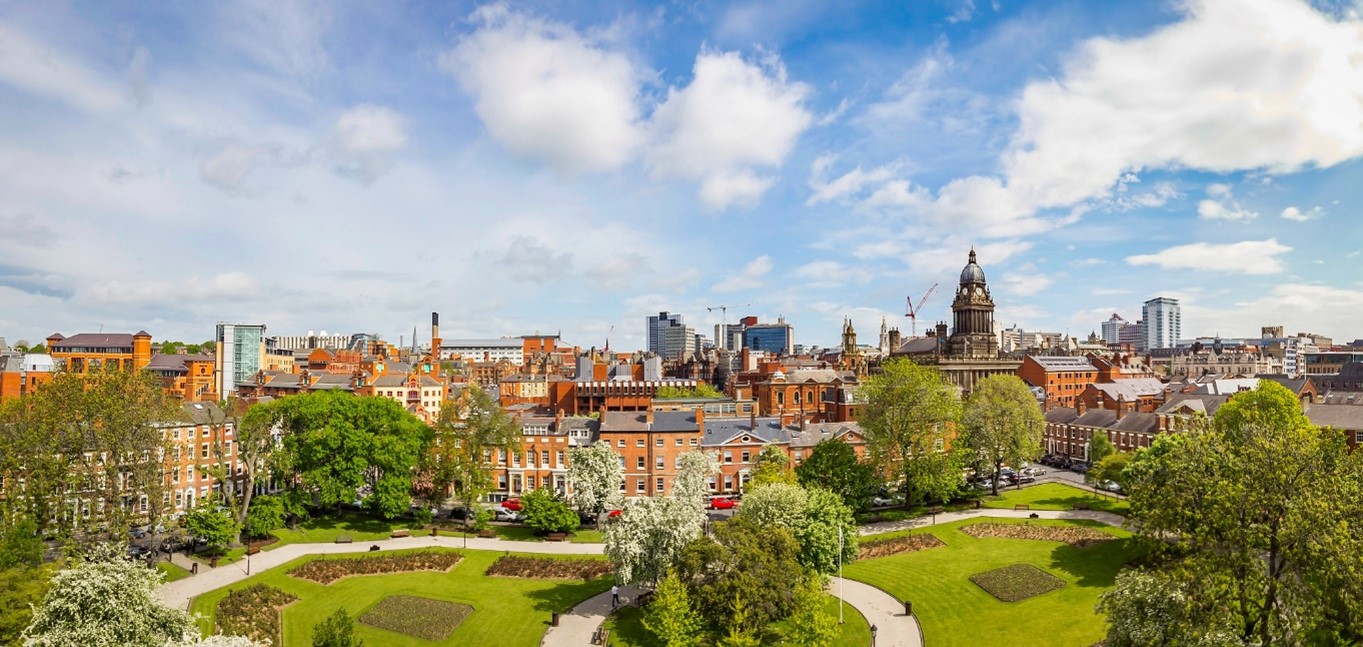Objectives of the session
- Come back to some of the lessons from a peer learning visit to Leeds
- Look at specific challenges European cities and regions are facing when it comes to the role of local authorities run museums, co-creation, and co-curation.
- Discuss transferability aspects, starting from a specific example from Leeds.
Case study in focus: Leeds’s model of local authority-run museum services
Leeds Museums and Galleries are people who care. We care for, and with, our communities and city. We care for objects, buildings, places and spaces. We care for our world, and our staff and volunteer teams. Our vision is to create deeper connections with the people we serve using the collections and sites we care for, and to widen our impact on the world. We believe that by deepening our relationships and understanding of what we do, we will amplify our impact.
Leeds Museums & Galleries (LMG) is one of the largest local authority-run museum service in England with some of the most significant multi-disciplinary collections in the UK. Our 196 (FTE) staff (including 33 externally funded posts) care for 1.3 million objects and manage nine venues. Pre-Covid our venues welcomed almost 1.7 million visitors and over 49,000 schoolchildren. Our websites continue to attract 3.5 million page views, and we have 300,000 followers on social media. We contribute at least £24 million a year to the local economy.
We are proud to be a local authority museum service. This grounds us within communities and the structure of the city and gives a civic role for social justice; arts-led care, health and wellbeing; environmental responsibility; and as tourist attractions who bring visitors into the city. The people and communities we work with deserve the very best quality museum and gallery service for their city. We aim to operate on a thriving, circular economic model, that builds mutually beneficial relationships and leads to inclusive environmental and financial sustainability.
Within our civic role, we have created an organisational culture which supports experimentation, risk taking and is based on trust, and then staffed our structure with passionate people doing the right roles to fulfil our aims. This generates constant innovation, develops long term relationships and enables us to measure impact.
Questions to reflect on.
If there was one thing that you could take and implement from the Leeds example, what would it be and why? What would be the local challenges and obstacles? How would you be able to adapt and/or re-create it?
Why should you join?
During this session, you will get some insights into the content of the Leeds peer learning visit, an in-depth analysis of one specific governance model, and an opportunity to discuss your own challenges and present your examples. The session will provide an occasion to engage in discussion with peers from other European local authorities. We will also provide access to the materials shared during the peer learning visit with all participants in the online deep-diving session.
Look at the MIRO board for more insights into the content of the discussion.


